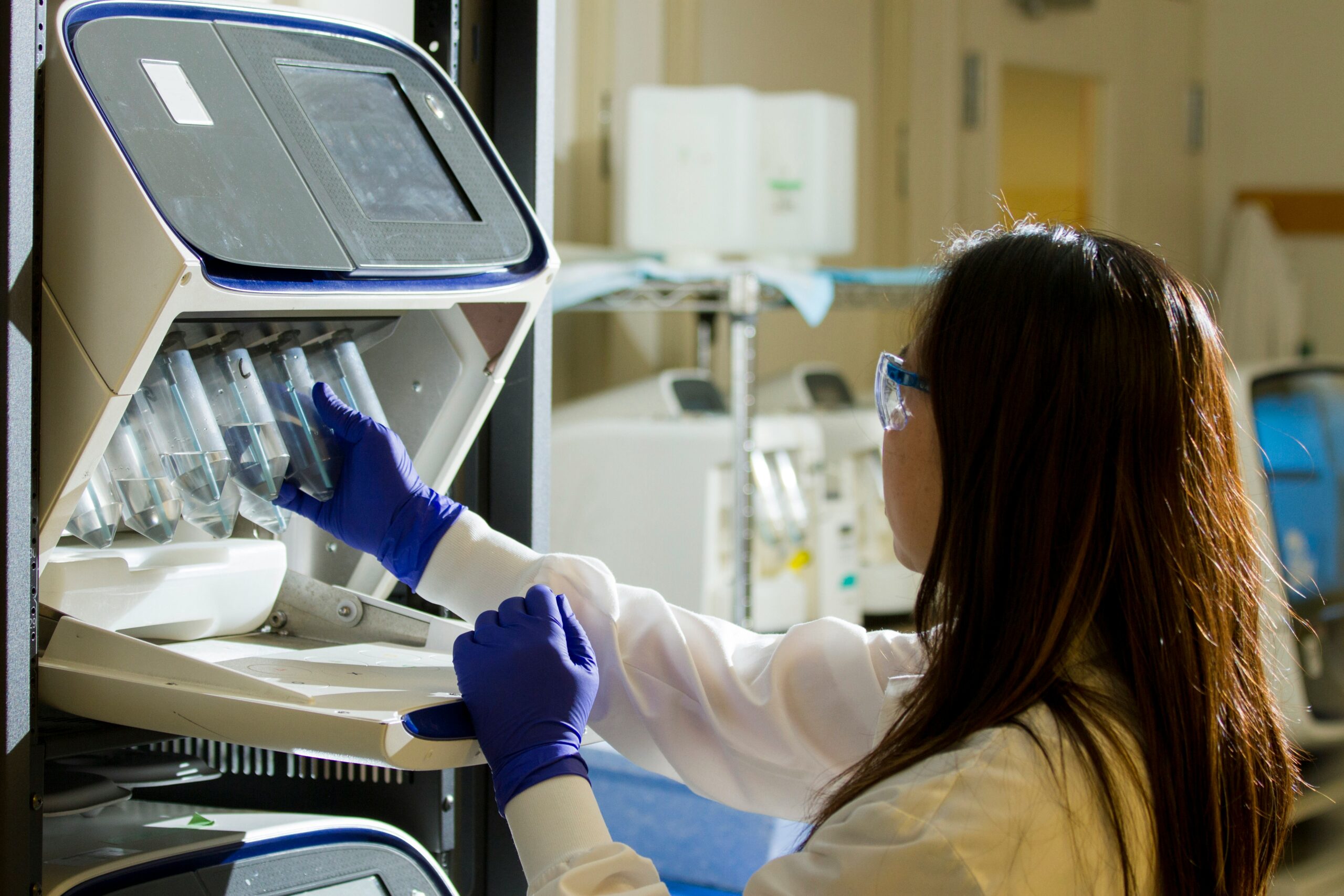The European Parliament’s ENVIRO (environment) committee will vote tomorrow on a series of amendments to the legislative proposal of 4 July 2023 on plants derived from certain New Genomic Techniques (NGTs) and derived food and feed. The legislative proposal to be voted on Wednesday aims to establish a legal framework for NGTs, ensuring the protection of health and the environment while contributing to the sustainability of the system and increasing the competitiveness of the agri-food sector. The proposal is part of the overall policies of the European Green Pact and strategies such as “Farm to Fork”.
Unlike Genetically Modified Organisms, which have been regulated by a European directive since 2001, the NGTs targeted mutagenesis (introducing one or more mutations in specific areas of the genome without radiation or chemicals) and cisgenesis (modifying the genetics of a recipient plant with a natural gene from a compatible species for crossbreeding) are two new genomic techniques not covered by any legislation. These techniques allow precise changes to be made to plants, resulting in crops that can adapt to drought or survive pests without pesticides.
In this context, part of Agrotecnio-CERCA and the Universitat de Lleida’s research staff have joined 35 Nobel laureates and more than 1,000 scientists in signing an open letter to Members of the European Parliament to unblock the use of New Genomic Techniques in agriculture. Actually, a number of Agrotecnio research groups face challenges based on the uncertainty surrounding the regulatory framework on genetically modified and genome-edited crops using NGTs.
“In these times of climate crisis, biodiversity loss and renewed food insecurity, a scientific and evidence-based approach is essential in all aspects,” the letter begins. “We the undersigned turn to you and urge you to carefully consider the benefits of embracing New Genomic Techniques (NGTs) in your upcoming parliamentary decisions”.
The document recalls the difficulty of improving crops in traditional ways to make them resilient to climate change, as a lot of time is needed, or how NGTs could reduce pesticide use while protecting agricultural yields. “Your support for NGTs will not only encourage innovation, but will also put the EU at the forefront of responsible, evidence-based policy making worldwide,” the letter says.
The support of the Spanish Presidency of the Council of the European Union
During its presidency of the Council of the European Union in 2023, the Spanish government took a position in favour of New Genomic Techniques (NGTs), defining them on its website as “an innovation that can promote a more sustainable, competitive and resilient agriculture”. It also pointed out that NTGs make it possible to “obtain new plant varieties more quickly and with greater precision than traditional breeding techniques”.
More information:

